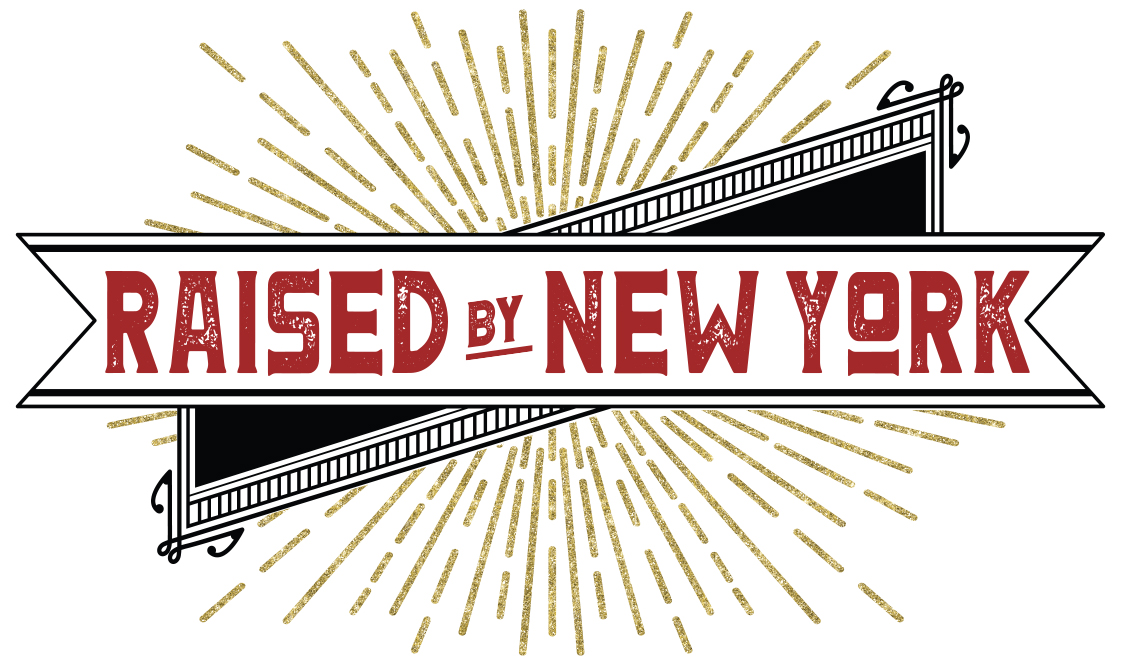New York Booze Laws Explained!
Alcohol, you mysterious thing. We can’t explain why aunt Ethel is tipsy by noon - but if you are confused, befuddled or vexed by the New York liquor laws we can offer a brief explanation. Don't make us put up a disclaimer, we are not lawyers. We are related to some and have dated a few, so there.
Essentially all alcohol related regulations fall only under only a very few categories, mainly consumption and sales.
Public Consumption:
“Can I bring a bottle of bubbly to an picnic in Central Park? Can I drink a cold beer on my stoop on a hot summer day or in a parked car or on the beach?”
No. No, you can not. Drinking in public or being in the possession of an open container of alcohol on a public street, sidewalk, park or road is strictly verboten and can get you a summons and an unpleasant trip to criminal court to settle your fine. Technically this is a violation of the administrative code. It will set you back $25 which is considerably cheeper than a $50 public urination ticket. Should you choose to ignore a summons a warrant can be issued. Awkward.
“What if the Bodega guy brown bags my booze?”
No, still illegal. Cops know what is in the brown bag. It is probably discussed on the first day at the Police Academy.
Pants on Fire Speakeasy
One would assume this is a prohibition from the days of the ... you know ... "The Prohibition", the misguided experiment in moral reform... but drinking in public was pretty much legal anywhere until 1975, in our fair city until 1979. It wasn't illegal to drink during the "dry years".
Prohibition forbade the manufacturing, sale and transport of alcohol and failed nowhere more spectacularly as in New York.
Lawmakers in the Midwest had long championed the ban on liquor to safeguard their constituents from disorderly drunkards. One by one anti-public consumption laws where quietly signed into legislation. Some cities like Las Vegas or New Orleans never adopted these ordinances and hence are prohibition free. Visit responsibly.
Which brings us to the next category:
Public Intoxication/ Disorderly conduct.
New York has no law on the books regarding being drunk in public. However.
Corbis 1925
Do take a hint from the ladies who lunch and know your limits. If Upper East Side dowagers can make it home unscathed after a six gin-and-tonic charity luncheon so should you after a night out.
Disorderly conduct is defined as creating a public annoyance or danger by fighting, making a ruckus, damaging property, disturbing the peace or generally acting stupid in front of cops. We all know being drunk amplifies your chances of acting reckless.
While disorderly conduct is classified as a violation, it is one of the most commonly issued summons in New York and amounts to a huge revenue source for the courts with fines anywhere from $50 to several hundred dollars, community service and possible jail time. So act orderly.
“Can I buy my underaged cousin a beer?”
No. Just like facial tattoos and destination weddings, furnishing alcohol to minors is a terrible idea. Ask any bar why they card patrons, fines can go in the thousands and penalties are severe. Friendly reminder: the legal drinking age in New York is 21 years. Tell your underaged cousin not to use a fake ID - criminal possession of a forged instrument is a very serious criminal offense.
Interestingly enough there is an exception for parents and legal guardians but we would suggest erring on the safe side and not taking your toddler to Happy Hour.
Driving under the influence.
Have we taught you nothing? Never ever drink and drive.
“Can I bring my favorite wine to a restaurant?”
Ask the restaurant. In order to accommodate you they need to have a permit or liquor license. There is an exception for small restaurants with seating under 20. Always inquire first if B.Y.O.B. is permitted.
“Why can’t I buy beer Sunday morning?”
Well, why would you? Although breakfast beer is socially acceptable in some countries, behold New Zealand’s Moa brand for example, New York's Blue Laws regulate the sale of alcohol on Sundays.
Dating back to churchgoing Colonial days, sale of spirits was strictly prohibited before noon, followed by a strict restriction that no alcohol may be sold on-premises between the hours of 4am to 8am. Recent changes in the law made booze more accessible to dipsomaniacs.
Considering New York City has about 1,600 liquor stores, planing ahead should not be too much of a challenge to the dedicated day drinker.
Enjoy responsibly!



